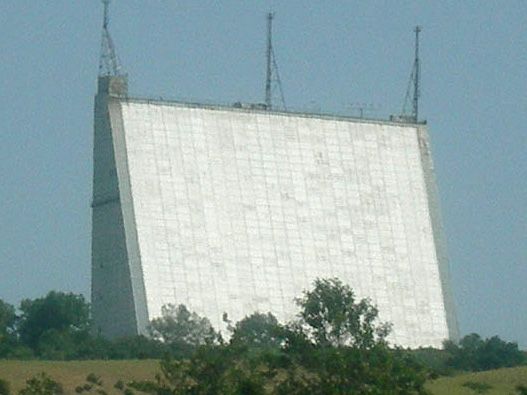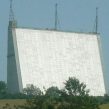
Obama’s Missile Defense Decision Renews Discussion on Gabala in Azerbaijan
Publication: Eurasia Daily Monitor Volume: 6 Issue: 178
By:

President Barack Obama’s recent decision to scrap plans to deploy elements of ballistic missile defense (BMD) in Poland and the Czech Republic has renewed speculation in Baku over the future of the Gabala Radio Location Station in Azerbaijan. This powerful Soviet-era radar station is currently leased by Russia, and was offered in 2007 by the then Russian President Vladimir Putin to his American counterpart George W. Bush as an alternative to the U.S.-proposed BMD plans in Eastern Europe. At that time, Washington considered the proposal, but never agreed to give up its plans for Poland and the Czech Republic. Subsequently, the potential use of the Gabala station receded (Interfax, September 17).
However, Obama’s decision to reset relations with Russia has raised new questions about the Gabala station. The Baku-based political scientist Rasim Musabeyov did not exclude the possibility that the U.S. and Russia might renew talks about the joint use of Gabala. "With the potential threat to the U.S., coming from Iran, it is possible that Washington will decide to pursue a less controversial and cheaper anti-missile detection system with the inclusion of Russia’s current capabilities into this system. This will put the issue of the Gabala station back on the table," stated Musabeyov (www.day.az, September 17).
The fact that the Vice-Chairman of the Joint Chiefs of Staff James Cartwright reportedly said that the new anti-missile system will be located "somewhere closer to the Caucasus" has fueled such speculation. Some analysts believe that Georgia might be the new location for such an anti-defense system, with whom the U.S. enjoys strong military and political relations. However, the Gabala station might prove to be a less controversial option (www.gazeta.ru, September 17).
The former Director of Operational Test and Evaluation in the U.S. department of defense and current senior advisor at the Washington-based Center for Defense Information Philip Coyle told Trend News Agency on September 18 that the "question of the joint use of the Gabala station remains open." According to Coyle, U.S. intelligence agencies believe that the real threat from Iran is currently presented in the form of its short and medium range missile. Thus, placing a defense system closer to Iran would make more sense. As possible options for such a station, Coyle mentioned the Gabala station, and locations in Eastern Turkey or Armavir in Russia.
There are also those who doubt that the U.S. will agree to the joint use of Gabala station with Russia. Ziba Norman, the Director of the British Transatlantic Institute was quoted by Trend News Agency on September 22 as saying, "It is too early to talk about this Russian-leased radar station becoming part of the U.S. anti-missile defense system." Amanda Akcakoca from the European Policy Center also doubted that the U.S. would agree to the use of Gabala, because Washington will not want "Russians to be able to look into their military documents" (www.day.az, September 25). These views are being closely examined in Baku.
The main factor in this issue remains the reaction of the Azerbaijani authorities. Former Deputy Secretary of State Richard Armitage, speaking in Baku on September 17, said that any usage of the Gabala station without the approval of Azerbaijani authorities would put Azerbaijan at risk. Indeed, the Azeri authorities, although having agreed to the Russian proposal in 2007, might hesitate to do so now. President Ilham Aliyev’s policy has been to refrain from any direct confrontation with Iran and the possible use of the Gabala station against Iran might meet fierce resistance in Baku.
Nevertheless, Baku wants to keep all its options open. One Member of Parliament from the ruling Yeni Azerbaijan Party Aydin Mirzazadeh told Ekho Moskvy on September 18 that "all sides will win from the joint use of the Gabala station. Azerbaijan will become an important link in the European security system." Meanwhile, the Baku-based military expert Rauf Rajabov suggested exercising caution in relation to any speculation about the joint use of Gabala by Russia and the U.S. until formal proposals are made (Ekho Moskvy, September 18).




